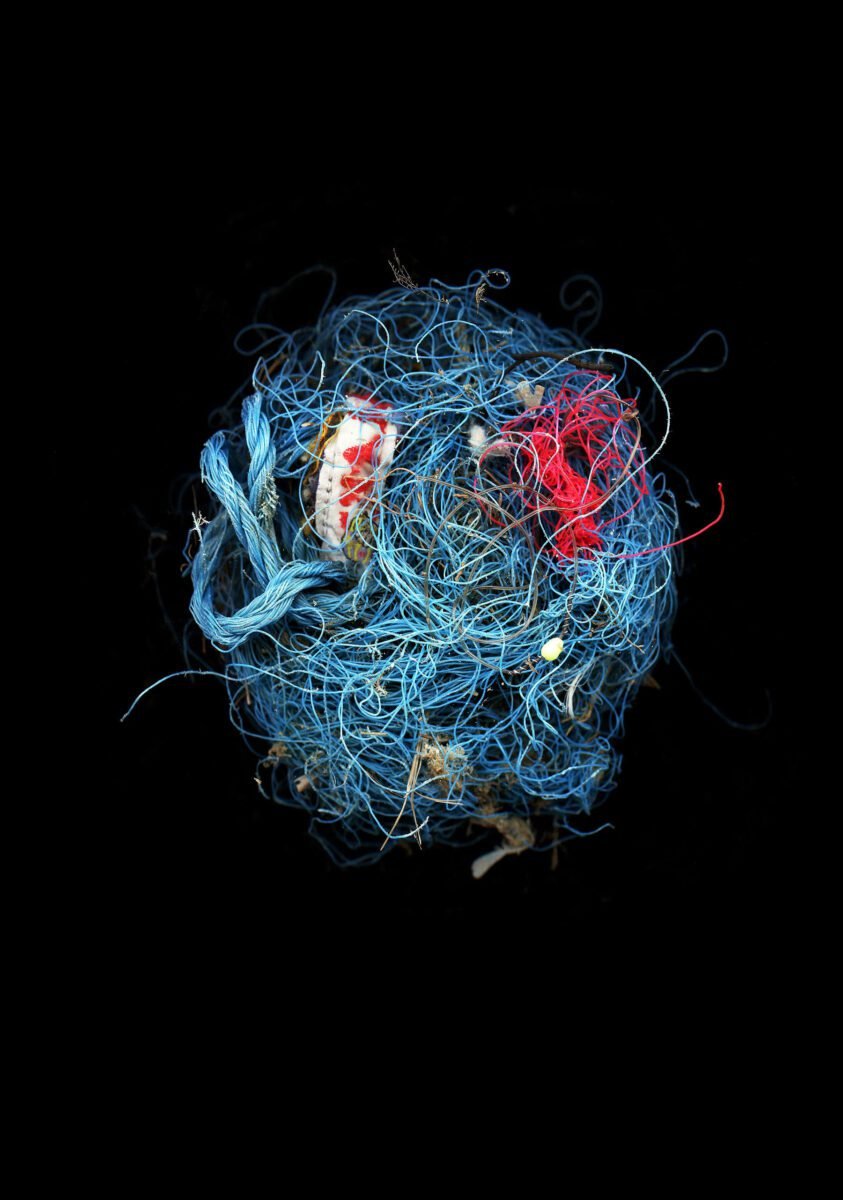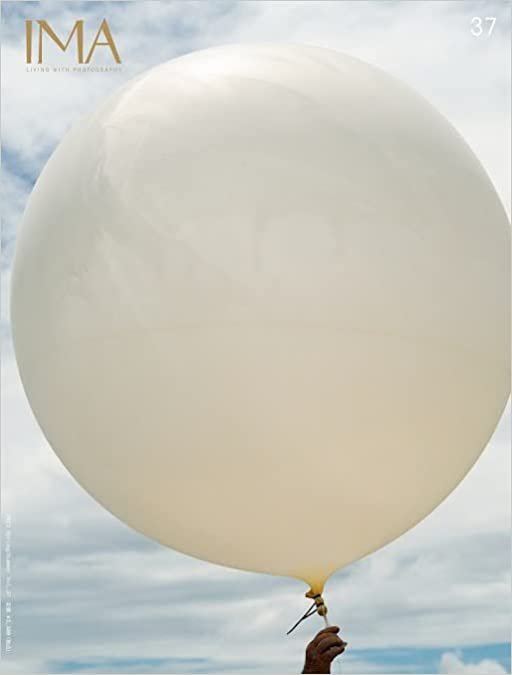Interview with Mandy Barker
IMA, Vol. 37, Spring/Summer 2022
For volume 37 of the Japanese magazine IMA, I interviewed the photographer Mandy Barker on her work focusing on environmental pollution. Here is an extract of our conversation:
MF: How did you first start working on this subject of marine plastics?
MB: I was brought up in Hull on the East Coast of England and as a child I spent a lot of time walking on beaches and collecting driftwood, shells and that sort of thing. Over the years, when I revisited that particular beach, plastic had begun to accumulate on the shoreline.
At that time, I had decided to do a part time master’s degree in photography (from 2009 to 2011). On that course they asked us to go and do something totally outside of our comfort zone. At the time I was photographing in black-and-white on film in natural light. My task was to photograph objects, which I had never done before in a studio.
I decided to try and photograph this plastic waste as people who live inland didn’t know what’s happening on the coastlines. I wanted to engage people through photography, to try and hook them and get a message across.
The work I did on that course won various awards and went viral, traveling all around the world.



MF: You have spoken about the importance of “combining a contradiction between initial aesthetic attraction along with the subsequent message of awareness.” This struggle is something that every visual artist faces with regard to issues of sustainability. How difficult is it to achieve that balance in your various projects?
MB: It’s not really an issue now. In the beginning, I was a bit wary of course, because, as you say, many people have done work like this before. I think what empowers me and makes me justify what I do is the reach the work has: it's been used by the British Embassy, by governments, by NGOs, and by individuals. It's gone on to help make change and make people think about changing legislation.
MF: When you began working on marine plastics, most people had no idea about this problem. Over the last ten years there has been a huge growth in the awareness around environmental issues and yet it still feels like not enough is being done. Do you feel hopeful that awareness of work such as yours can translate into meaningful change?
MB: I have to feel hope, or I wouldn't be able to carry on. My main concern is that the production of plastic is going to triple by 2030—it's not decreasing, it's actually increasing at an exponential rate and this is also a climate change issue, because the vast majority of plastics are made using oil. I really think that people probably aren't going to wholeheartedly take on this issue unless they know it affects their own health. Things are being done, but, as you say, they are tiny little things. Banning straws isn’t going to change the world, although you can't be derogatory of it because it's a small step. But at the same time, it must be said that it isn't enough.
